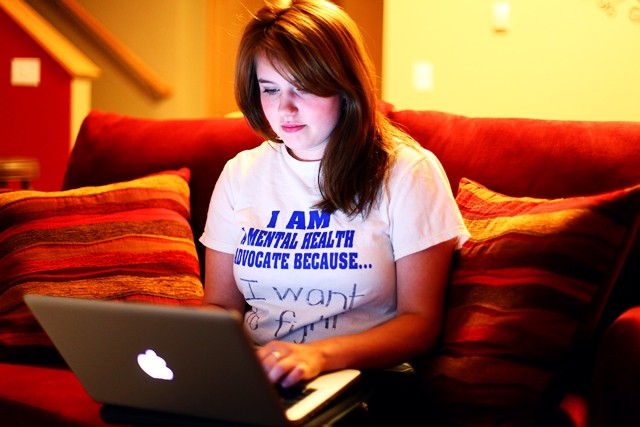If a University of Minnesota student has a mental emergency — like a psychotic breakdown or suicide threat — his or her parents will know.
According to a new law, Boynton Health Service can notify parents that an emergency has occurred but cannot grant full disclosure of medical records to parents.
Amendments to the federal and state laws enabling college health services to contact parents in the event of a mental emergency took effect on Aug. 1.
“More and more people are recognizing the need to treat mental health issues and decrease the stigma that surrounds mental health,” said Rep. Andy Welti, DFL-Plainview, who co-sponsored the state law. “So that is what this piece of legislation is all about.”
Boynton previously contacted parents in the event of a life-threatening mental emergency, but adding specific language about mental health will avoid misunderstandings, said Colleen Jahnel, the director of quality assurance, compliance and health information at Boynton.
“We take their privacy very seriously and we wouldn’t involve a parent unless it was a life-threatening emergency,” Jahnel said.
This new law does not interfere with the Family Educational Rights and Privacy Act, which protects the rights of students by veiling their personal information, because FERPA does not apply to medical records.
But some students said they should have a say in the information being released to their parents.
Because students entering college are usually legal adults, it could pose a sticky situation if there is a discrepancy between Boynton and the patients, Claire Chappuis, a mental health advocate, said.
One in four college students struggle with a variety of mental illnesses, such as depression, bipolar disorder, anxiety or eating disorders, she said.
Chappuis said she hoped patients would not be put off by this new policy.
The third-year student takes the issue of mental health awareness to heart. She is co-coordinator of the group Active Minds at the University of Minnesota, which promotes mental health advocacy.
Once a sufferer from mild depression herself, Chappuis has overcome her mental health illness and knows what it is like to deal with emotional struggles.
“I think the main reaction that anyone with mental health issues would have [to the new law] is embarrassment and perhaps anger,” she said. “A lot of people don’t know they have a problem, or don’t want to admit it to themselves.”
But without the law, problems could go by unnoticed, Chappuis said.
The new policy doesn’t mean students should be wary about receiving treatment, she added.
“If you are having feelings that interrupt your daily life, whether it be suicidal thoughts or just feeling down and not like yourself, that is something to get treatment for,” Chappuis said. “It is much more important to get help earlier rather than later.”











